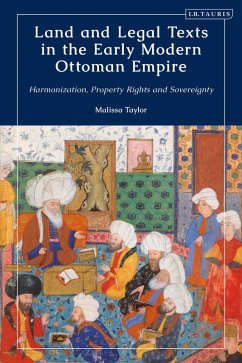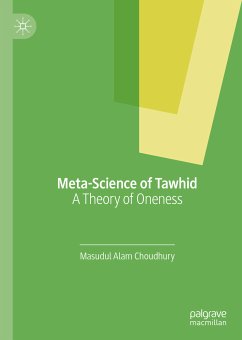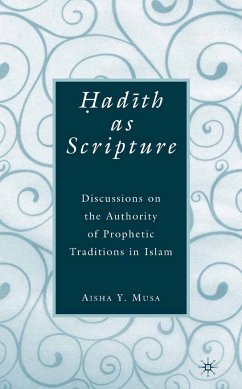
Custom in Islamic Law and Legal Theory (eBook, PDF)
The Development of the Concepts of ?Urf and ??dah in the Islamic Legal Tradition
Versandkostenfrei!
Sofort per Download lieferbar
80,95 €
inkl. MwSt.
Weitere Ausgaben:

PAYBACK Punkte
40 °P sammeln!
This book explores the relationship between custom and Islamic law and seeks to uncover the role of custom in the construction of legal rulings. On a deeper level, however, it deals with the perennial problem of change and continuity in the Islamic legal tradition (or any tradition for that matter).
Dieser Download kann aus rechtlichen Gründen nur mit Rechnungsadresse in A, B, BG, CY, CZ, D, DK, EW, E, FIN, F, GR, HR, H, IRL, I, LT, L, LR, M, NL, PL, P, R, S, SLO, SK ausgeliefert werden.












